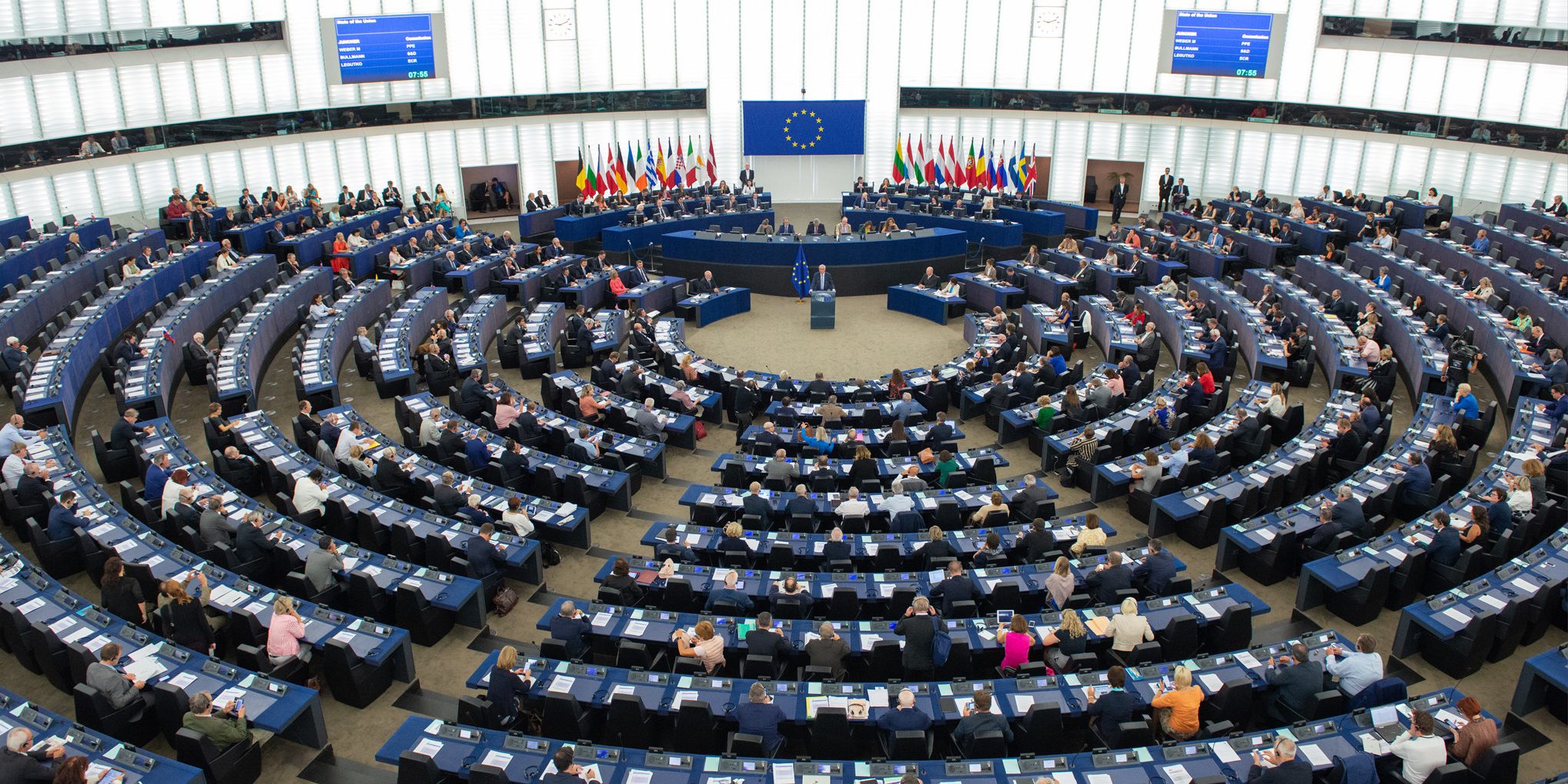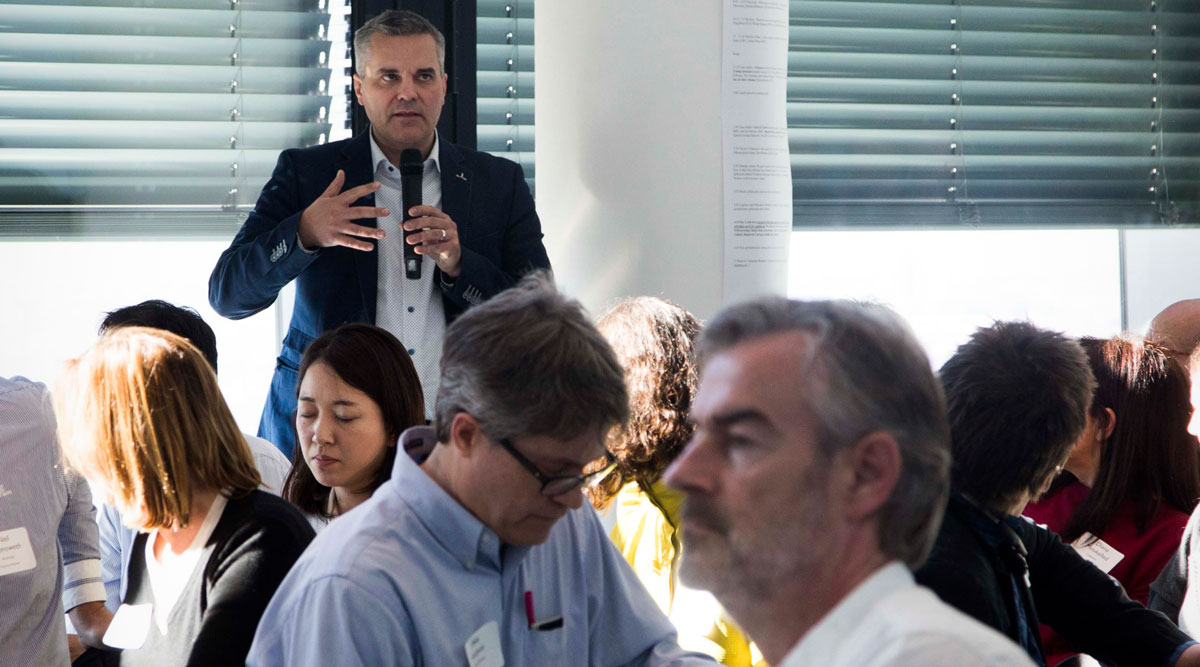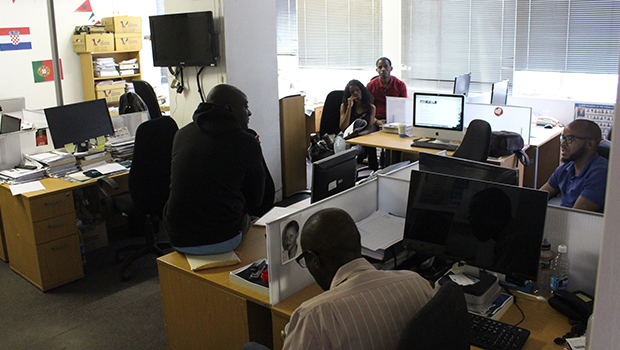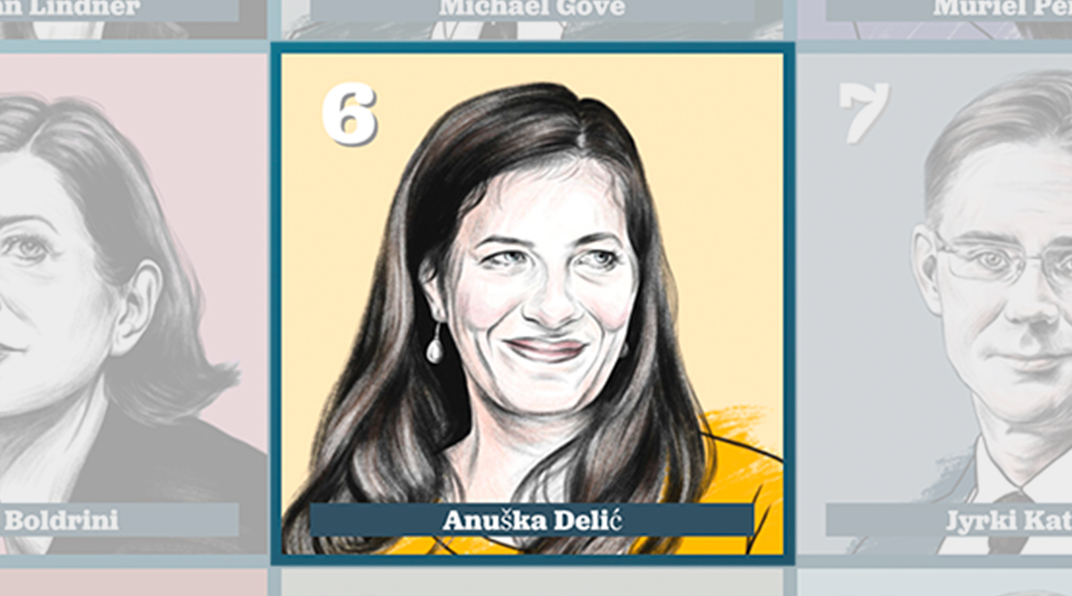European parliamentarians who receive tens of millions of dollars in public money through a secretive expenses system won’t have to reveal how they spend it, a European court ruled.
The General Court of the European Union decided on Tuesday in favor of the European Parliament’s refusal to release documents about the general expenses of its 751 members. The court cited the parliamentarians’ privacy as a reason for its decision.
Each month a General Expenditure Allowance of more than $5,000 is paid directly to every MEP to cover expenses such as telephone, postal and internet services.
Dozens of journalists, including International Consortium of Investigative Journalists members and partners, had asked the court to order the release after the parliament had refused to disclose the information.
“What we are after is transparency and accountability of the only elected representatives of EU citizens,” said Anuška Delić, a Slovenian investigative journalist, who is founder of website Oštro and an ICIJ member. They are, she noted, “the same ones that are steering the legal framework of the European Union and asking accountability and transparency from everyone else.”
“The European public has the right to know how EU taxpayers’ money is spent. Period.”
Europe’s 751 members of parliament from 28 countries, known as MEPs, collectively receive more than $40 million each year in general allowances.
The allowances are intended to help defray office costs. MEPs also receive a salary and a range of other payments, including daily allowances when parliament is in session and travel expenses.
European journalists first requested information on MEPs expenses in 2015 as part of a collaboration known as the MEPs Project.
One-third of the 749 MEPs contacted by the journalists said they did not have a national office on which to spend their general allowance or did not respond to questions about whether they do. Other MEPs used the allowance to pay rent to national political parties or to themselves as landlords. One MEP said he was saving the money for his pension, the MEPs Project reported.
The project found what Delić, the project’s leader, described as “a brazen disregard of the rules.”
The project noted that under the European Parliament’s own rules “MEPs may not use the money to finance their national party or for any private purposes. Rather, the allowance is only “intended to cover expenses directly linked to the exercise of a Member’s parliamentary mandate”.
In July 2015, the European Parliament rejected a coordinated request to provide copies of MEPs’ records that show travel and other expenditure expenses between 2011 and 2015.
Other ICIJ members and partners were among those who joined the case for transparency, including Kristof Clerix and Delphine Reuter from Belgium, Harry Karanikas from Greece, Marcos García Rey from Spain, Minna Knus-Galán from Finland, Rui Araujo from Portugal and Jacob Borg from Malta.
The case is the first time journalists from each of the European Union’s 28 member states have banded together and taken their request to court.
But on Tuesday, the General Court sided with the Parliament. The estimated four million documents involved in the request, some of which are only available in paper, would make it too time-consuming to remove MEPs’ personal details from the records, the court said.
Sharing information on the expenses would “undermine the protection of privacy and the integrity of the individual,” the court said.
Wouter Wolfs, a researcher at the Leuven-based Public Governance Institute, said that the European Parliament and the Court of Justice have a tendency “to apply the notion of the protection of personal data very broadly” when it comes to MEPs. He added, ”this is – from a political accountability perspective – problematic.”
“The Parliament will feel strengthened to refuse this or any similar information,” Wolfs said.
The journalists plan to appeal the decision.



